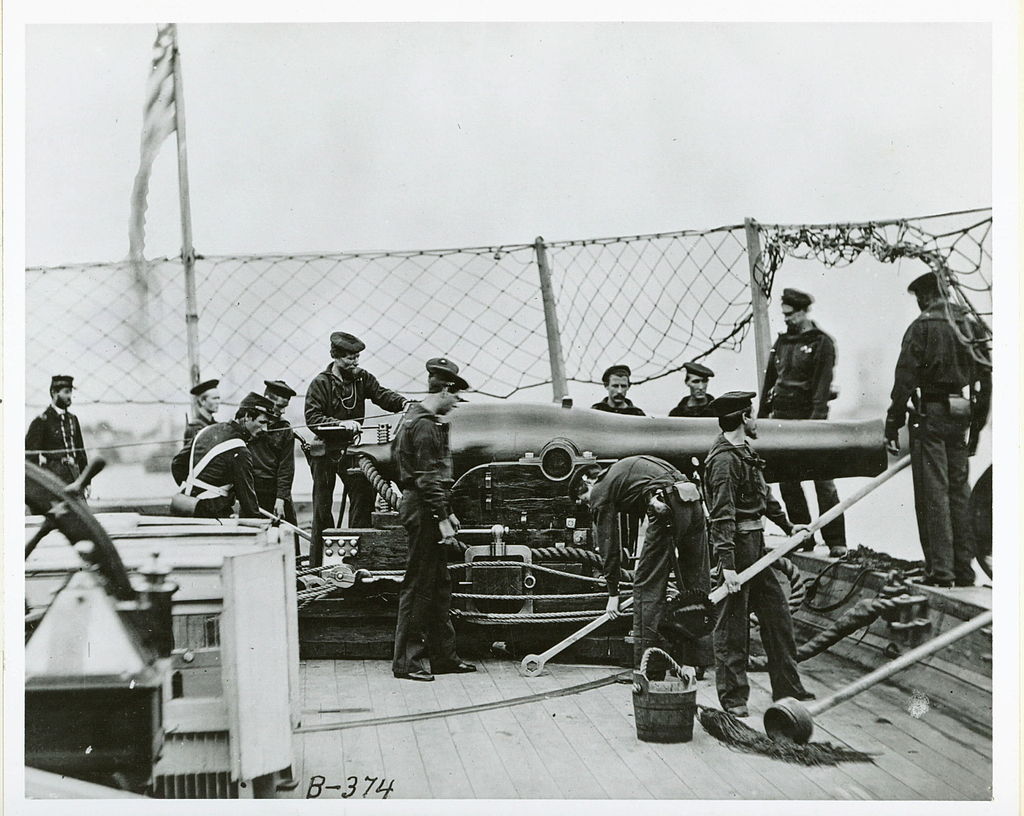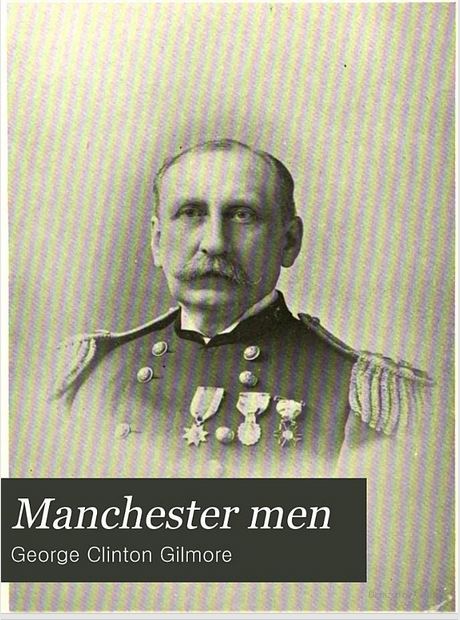by Lisa Cooke | Sep 29, 2016 | 01 What's New, Conferences
Texas State Genealogical Society Conference 2016 is coming up next month and there is still time to register! Learn from some of the elite genealogists in the field, including our own Lisa Louise Cooke.

Pre-Conference Research Day
The Texas State Genealogical Society (TSGS) Conference begins on the 27th of October with the Pre-Conference Research Day. This free research day is being hosted by the Dallas Public Library and the Dallas Genealogical Society.
Held at the Dallas Public Library from 10 am to 8 pm, this research day will include:
- Staff-led tours available of the Genealogy Division (8th floor), the Dallas History & Archives (7th floor), and the Government Documents Division (6th floor);
- Volunteers on hand to assist people with research and Texas Heritage Certificate applications;
- and light refreshments to be served.
The Texas State Genealogical Society Conference 2016
This year’s conference venue will be the beautiful Crowne Plaza in downtown Dallas. You can really get excited for this three-day conference packed with 70 sessions and 35 speakers. The TSGS hopes to provide something for every genealogist. The conference will also include special afternoon breakout sessions and five in-depth workshops among the noted activities. An exhibit hall packed with the latest and greatest from genealogy companies and researchers will be enticing and Genealogy Gems will be there, so don’t forget to stop by and see us!
Lisa’s Sessions at the Conference
Lisa will be presenting a class titled Beginning Evernote for Genealogists on Friday. You will gain a firm grasp of what Evernote can do and how to get started. Best of all, learn how easy it is to put all your genealogical research notes (text, audio, images, etc.) into Evernote and to have it at your fingertips with super fast note retrieval.
On Sunday, Lisa will present Using Google Earth for Genealogy. In this popular class, Lisa (our Google Guru!) will teach you how to unlock the mysteries in your research from unidentified photographs, to how an ancestral location looked a hundred years ago. You will be amazed to discover how Google Earth is one of the best free genealogical tools available today.
Register for the Texas State Genealogical Society Conference 2016
If you haven’t already done so, there is still time to register. Early bird registration is available through October the 7th. See all the price options and register by clicking here: http://www.txsgs.org/conference/registration/
We hope to see many of you there. Don’t forget to stop by and see us in the exhibit hall to share with us what you have learned!
To see where Lisa will be teaching next, see our seminar page here.
More Gems for E vernote
vernote
Get started using Evernote even before Lisa’s class on Oct. 28, 2016. Our quick reference guides make it easy!
Evernote for Windows for Genealogists Guide
Evernote for Mac for Genealogists Guide
by Lisa Cooke | Dec 29, 2013 | 01 What's New, Holidays
90 years ago, on page 1 of the Ford News 12/15/1923, Henry Ford shared the following Christmas Greeting: “Christmas stands for the human factor which makes life tolerable midst the hurry of commerce and production. All of us need the annealing effect of Christ’s example to relieve the hardening we get in the daily struggle for material success.”
In the following short film from the vaults of the National Archives the Ford Motor Company wishes “A Merry Christmas to All” in 1926:
National Archives Collection FC: Ford Motor Company Collection, ca. 1903 – ca. 1954
Production Date: ca. 1926
Earlier that year Ford Motor Company became one of the first companies in America to adopt a five-day, 40-hour week for their employees in its automotive factories. The policy started in May with the factory workers and extended to office workers in August.
The decision to reduce the workweek from six to five days had been made in the year before. According to an article published in The New York Times that March, Edsel Ford, Henry’s son and the company’s president, explained that “Every man needs more than one day a week for rest and recreation….The Ford Company always has sought to promote [an] ideal home life for its employees. We believe that in order to live properly every man should have more time to spend with his family.”
by Lisa Cooke | May 23, 2015 | 01 What's New, African-American, images, Listeners & Readers, Military, Records & databases, United States, Volunteer

Dahlgren gun on a Civil War ship (Photo Public Domain)
Recently Tom wrote in with a question about a Civil War veterans database:
“I’ve been a listener of your podcast for quite a long time. Great job.
“We have a grass-roots group trying to locate and document Civil War Veterans buried in Washington state. Is there a good website where I can enter a name and unit identification and get results of the person’s [Civil War] service? I’m having a really hard time finding US Navy sailors.”
It sounds like Tom is conducting a very worthwhile project! (We added the link above to the website for the project, in case you’re interested.) An excellent resource–still in progress for sailors with only about 20% of them–is The Civil War Soldiers and Sailors System (CWSS).
The site describes its resources as a “database containing information about the men who served in the Union and Confederate armies during the Civil War. Other information on the site includes histories of Union and Confederate regiments, links to descriptions of significant battles, and selected lists of prisoner-of-war records and cemetery records, which will be amended over time.”
This is an excellent resource for soldiers. As far as sailors go: “The Civil War Soldiers and Sailors System currently contains the records of approximately 18,000 African American sailors, though additional records will be added in the future. The information in the Sailors Database is derived from enlistment records and the quarterly muster rolls of Navy vessels. Approximately half of the sailors entered the service at the Navy’s established points of enlistment. For these men and women, enlistment records serve as the primary sources of information. The Howard University research team used muster rolls to fill in missing data or to correct apparent misinformation recorded at the time of enlistment. Information about the remainder of the enlistees was derived directly from these muster rolls. When research uncovered inconsistencies in the data (such as conflicting reports of an individual’s age at the time of enlistment) the most frequently recorded response was used.”
“Descendants of Civil War sailors will find biographical details regarding age, place of birth, and occupation that may help supplement or clarify details from such other sources of genealogical information as birth, death, and census records. Moreover, information about any individual sailor’s enlistment and service is necessary for determining the presence or absence of their pension records at the National Archives.” Click here to read an article from the National Archives about African-American servicemen in the Navy in the Civil War. I covered the Civil War Soldiers and Sailors database in the free Genealogy Gems Podcast Episode 149. Be sure to check out the show notes page (click the link I’ve provided.) There you’ll find the information written out for you and the links I discuss in the episode.

Manchester Men available free at Google Books
If a Navy ancestor isn’t among those already listed, my first instinct is always to turn to Google searches first. I ran a search in Google Books for free (fully digitized) books meeting the criteria “civil war” “sailors” and there are some resources there as well. Here’s a link to the search results. One example is the book shown here to the left: Manchester Men, which appears to be a published list of those who served from Manchester, N.H. (click on the book cover to read it in Google Books). Learn more about Google searching for “niche” topics like this in the fully-revised and updated edition of my book, The Genealogist’s Google Toolbox.
by Lisa Cooke | Sep 10, 2015 | 01 What's New, Ancestry, British, FamilySearch, Findmypast, images, Immigration, Records & databases, Travel, United States
 Have you ever thought to use passport applications for genealogy–to search for your immigrant or traveling ancestors?
Have you ever thought to use passport applications for genealogy–to search for your immigrant or traveling ancestors?
Passports were issued in the U.S. beginning in the late 1700s, but weren’t required except during times of war until 1941. These records can be an excellent place to learn an immigrant’s date of arrival, the arrival ship and date of naturalization (if naturalized).
Two Quick Tips for Researching U.S. Passports for Genealogy
- Passports expired every few years, so people reapplied. You may find multiple applications for those who traveled abroad more than once. Subsequent applications will refer back to a prior one.
- In earlier years, look for married women and minor children in group passports issued under the name of the head of household.
Where to Find Passport Applications

Resources
A Page of History: Passport Applications by Phil Golfarb
Genealogy Gems Premium Podcast Episode 124 interview with author Phil Goldfarb on the history of passport applications and celebrity passport stories. Available to Genealogy Gems Premium members.
Family History Made Easy podcast for free, step-by-step beginner and back-to-basics genealogy education
 Thanks for sharing this post with your genealogy buddies and on your local society social media channels.
Thanks for sharing this post with your genealogy buddies and on your local society social media channels.

 vernote
vernote




